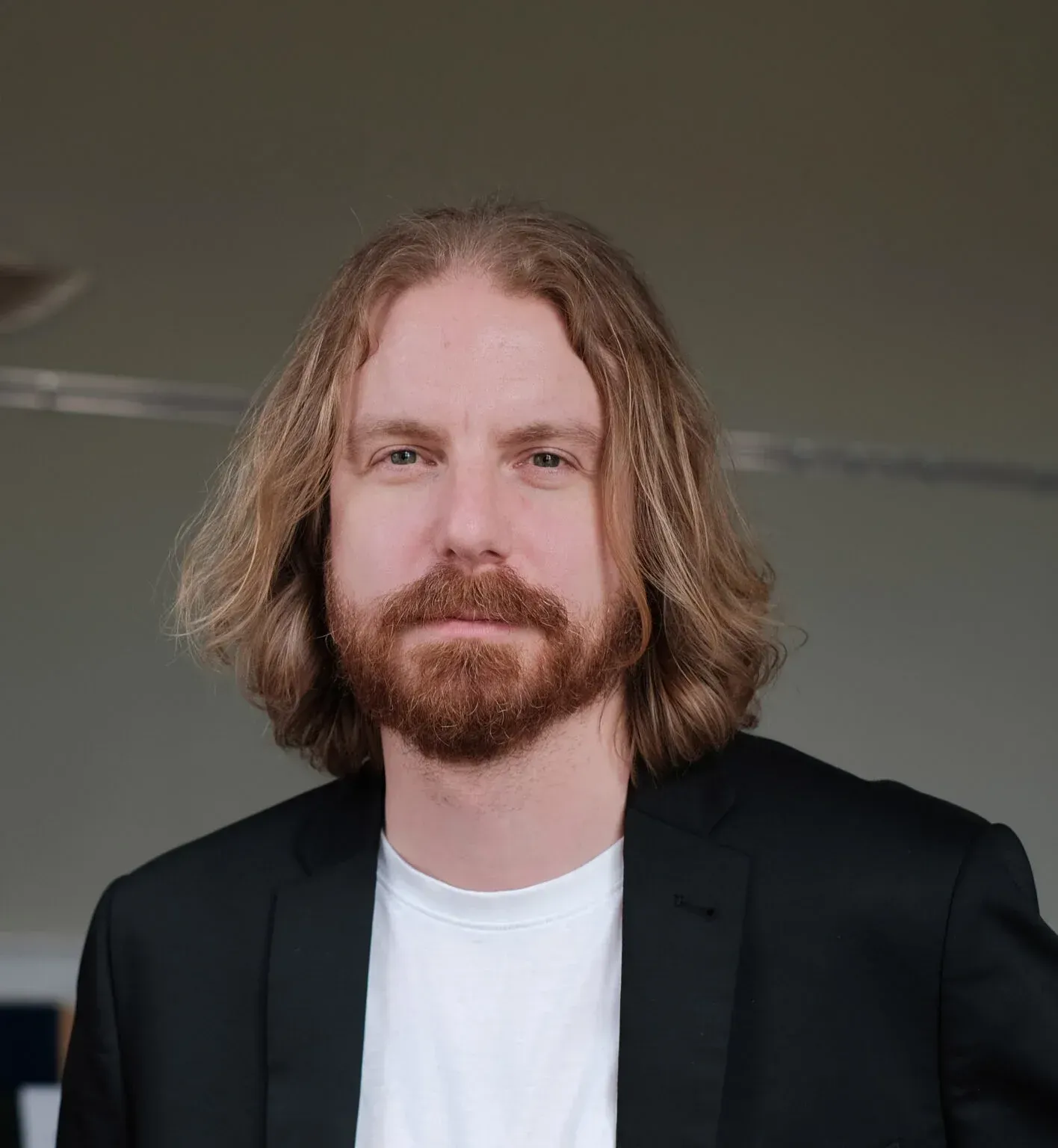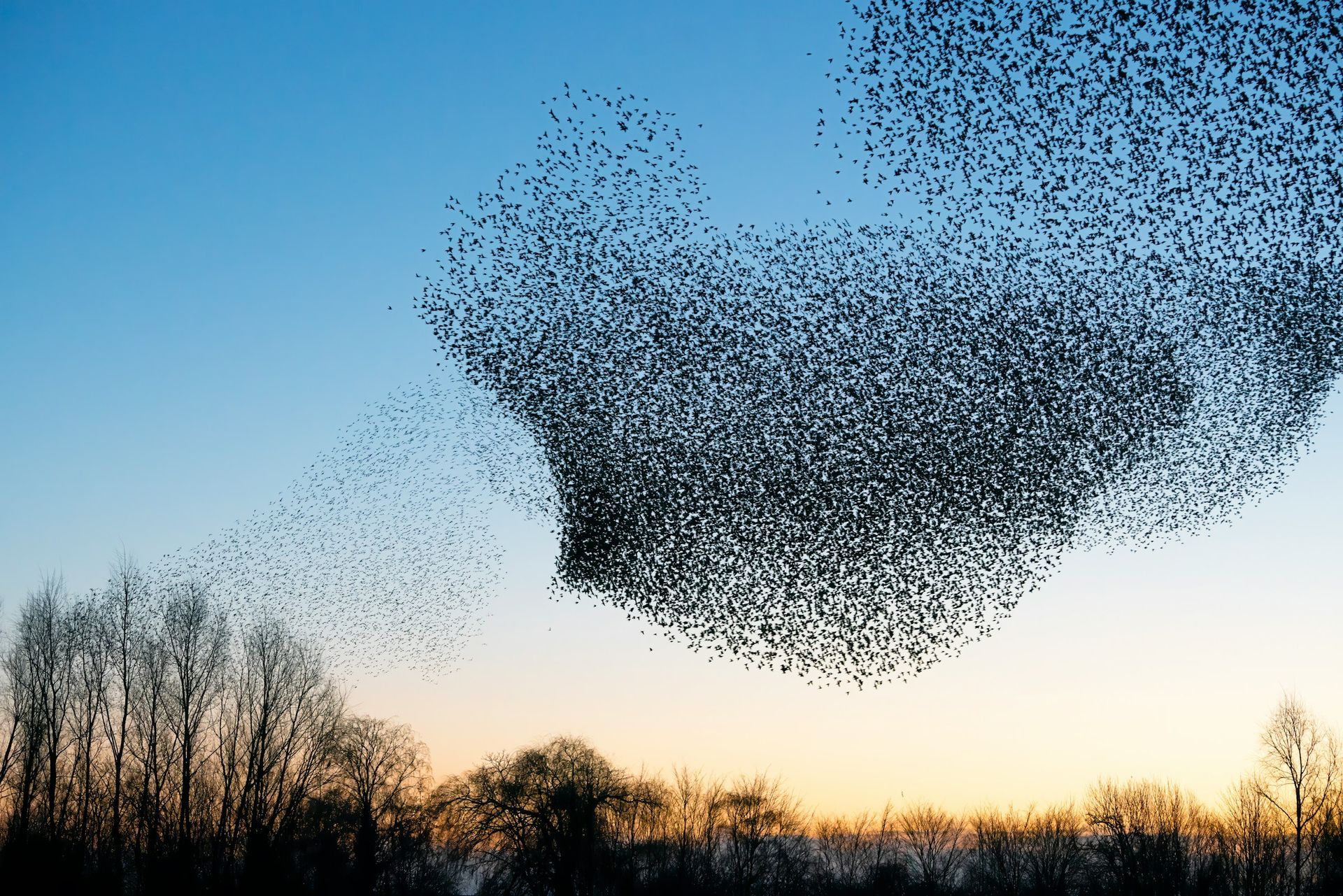Tvrtko Noa Pater is a Croatian educator who works in the fields of Holocaust education, rhetoric, facing history and depolarization. He has over 20 years of teaching experience working in various contexts, some examples of his previous work are: a trainer at the Model International Criminal Court (MICC) educational programme, a Peer Guide trainer for the “Anne Frank - A History for Today” travelling exhibition and a British Parliamentary debate trainer. Tvrtko was also the lead trainer during the “DARE - Depolarisation Activism for Resilient Europe” project.
Workshop: Healthy Conflict & Constructive Dialogue - Educators' Guide to Depolarisation
Date: Tuesday 18 February 10.30 am - 4pm, Wednesday 19 February 10.00 am - 3pm
Location: Carmelite Community Centre, 56 Aungier St, Dublin, D02 R598
This 2-part training workshop is being provided by IDEA to support educators in practically addressing and successfully engaging with polarising views and topics when carrying out GCE/DE programmes and activities.
IDEA has invited Tvrtko Pater a trainer from HERMES, Croatia to introduce participants to a guide developed by the DARE Project ('Depolarisation Activism for Resilient Europe'). The guide is a practical toolkit for educators engaging with learners on all issues related to Global Citizenship Education and aims to support educators to confidently deal with polarising views and controversial topics. The guide contains both a theoretical section which uncovers the psychology and sociology of polarisation in society, and is followed by a vast number of exercises and skill-building activities that seek to empower individuals to seek out, engage with and enter into dialogue with people whose views (radically) differ from their own on questions of identity, belonging, discrimination, globalization, and power inequalities. Over the course of two full days, the trainer Tvrtko Pater, will run you through the toolkit step by step, using practical examples of methodologies and approaches, and support you in bringing them to your own educational context and practice.
The DARE project is a strategic partnership between five civil society organisations from Bosnia-Herzegovina, Croatia, Germany, Serbia and Sweden. It was created to inspire a critical learning space and youth-led and action-oriented dialogue about various contemporary challenges such as polarisation, radicalisation, mental health, human rights violations. The method’s theoretical background is inspired by and rooted in Narrative Therapy, Positive Youth Development, Non-Violent Communication approaches, Critical Pedagogy, Conflict Transformation and Bohmian Dialogue.
Please note that there is a fee to attend this event.
Fees for members of IDEA is €50
Fees for non-members of IDEA is €100.00.
Fee for unwaged (refugees, asylum seekers, students, others) is €3.00 - this can be paid in person.
Registration has now closed. Please email anya@ideaonline.ie to be added to the waiting list.
The training takes place in person in Dublin over two full days. Places are limited and priority will be given to participants who can attend in full for both days.
A print-out copy of the guide will be distributed on the day, please let us know in the comment box as you register if
you do not
desire a hardcopy.
Image Credit: Jenkin Shen
Attribution: Pexels.com









